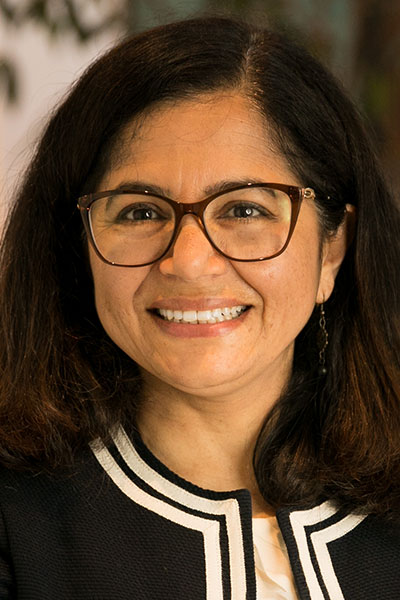
CPAP (continuous positive air pressure) is the unchallenged first-line treatment recommendation for obstructive sleep apnea (OSA). The challenge in 2022 is getting a CPAP device. Supply chain problems and the ongoing recall of multiple Philips Respironics PAP and mechanical ventilation devices have forced many sleep medicine providers to seek other alternatives.
“Before the recall, we typically did not think of CPAP alternatives unless we had patients who were not able to tolerate their devices despite efforts at patient education, trial of different masks, adjusting humidity, and so on,” said Sunita Kumar, MD, FCCP, professor of pulmonary and critical care medicine at Loyola University Chicago’s Health Sciences Campus. “Now we are looking at alternatives as the first step in treatment for those with mild to moderate sleep apnea. More than a year into the recall, we all have patients who still have not received a replacement device. In addition, due to supply chain issues, newly diagnosed patients with OSA are facing significant delays in receiving their devices. For patients with moderate or severe OSA, that can be a real detriment to their health.”
Dr. Kumar will chair a CHEST 2022 panel discussion, When CPAP is in Short Supply: Treatment Alternatives to PAP, on Wednesday, October 19, from 11:15 am – 12:15 pm CT in Davidson A2-A3. Look for the latest on hypoglossal nerve stimulation therapy; the use of oral appliances; the developing potential for pharmacotherapy; and the utility of weight loss, position therapy, and supplemental oxygen in the treatment of OSA.
Pharmacotherapy remains experimental at this time. However, results from a few studies hold the promise that one day we might be able to treat at least a subset of patients with OSA with medication, Dr. Kumar noted.
Many providers are making more referrals for oral devices as the CPAP shortage continues. The American Academy of Sleep Medicine guidelines recommend that sleep physicians consider prescription of oral appliances, rather than no treatment, for adult patients with OSA who are intolerant of CPAP therapy or prefer alternate therapy. CPAP supply gaps are also focusing attention on outcomes data for oral appliances and other approaches.
“There are data showing improvement in blood pressure and metabolic parameters, such as insulin resistance, with oral appliance therapy, not just improvement in daytime sleepiness and quality of life,” Dr. Kumar said. “I expect we will see more data related to outcomes and the effects of wearing an oral appliance on teeth and oral health.”
Hypoglossal nerve stimulation (HGNS) referrals are also increasing as CPAP supply issues continue. The US Food and Drug Administration approved the HGNS device in 2014.
“Some patients would prefer a surgical treatment option that frees them from wearing CPAP every night,” Dr. Kumar said. “We have more than 5 years of data from the initial STAR trial that are looking very good in terms of stability and benefit from upper airway stimulation. As a result, the number of referrals for HGNS has also been increasing.”
Similarly, weight loss, sleep positioning, and supplemental oxygen have become essential elements in treatment discussions.
“As non-CPAP treatments become more established with the recall, it is important for us to be able to discuss all the potential approaches with our patients,” Dr. Kumar said. “Traditionally, CPAP is the almost-automatic first choice, but the ongoing shortage of PAP units is showing us that it is reasonable to start the discussion and consider alternatives to PAP therapy early in the treatment algorithm.”
Access Philips recall resources
CHEST has compiled news and resources relating to recent recalls affecting certain Philips CPAP devices, BiPAP devices, and mechanical ventilators. Review the available resources and guidance.
Join us at CHEST 2025
Save the date for the next Annual Meeting, October 19 to 22, 2025, in Chicago. CHEST 2025 will explore the latest advancements in pulmonary, critical care, and sleep medicine, with a focus on innovation and the future, just as the city itself embodies progress and reinvention.





